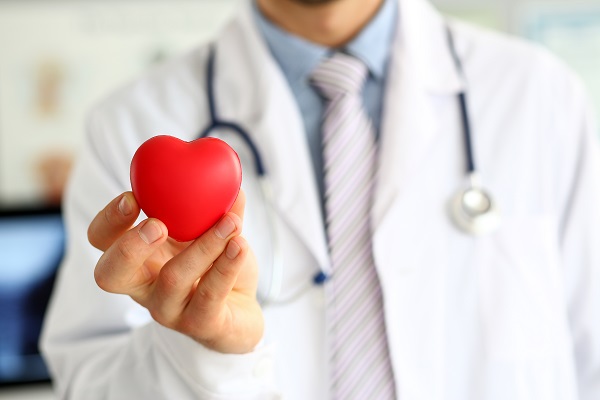FAQs About Cardiovascular Disease

The term cardiovascular disease often induces fear; however, with the right attention, individuals who are concerned about heart-related conditions can rest assured. Thankfully, modern-day medicine allows for innovative ways to diagnose, manage, and treat all types of cardiovascular diseases. To learn more, read on.
Cardiovascular disease questions and answers
Below are some of the most frequently asked questions and answers about cardiovascular disease. This information should be reviewed when trying to better understand the disease.
1. What is cardiovascular disease?
Cardiovascular disease refers to a number of problems relating to the heart. Outlined below are a few examples of conditions that fall under the cardiovascular disease category.
- Coronary artery disease
- Stroke
- Heart attack
- Arrhythmia
- Congestive heart failure
- Cardiac arrest
2. What causes it?
Cardiovascular disease can be caused by a number of things, but the most common is genetics. Individuals whose parents had heart problems are much more likely to also suffer from a form of cardiovascular disease. Additionally, a poor diet, being overweight, and smoking can all cause cardiovascular disease to form.
3. Are there ways to prevent cardiovascular disease?
Yes! While some forms of cardiovascular disease are unavoidable, there are ways to prevent problems from developing to begin with. Outlined below are a few prevention tips that specialists recommend.
- Avoid smoking
- Eat a diet rich in vegetables and fruits
- Exercise on a regular basis
- Limit alcohol consumption
- Avoid excessive amounts of sodium
4. Are there certain people who are at high risk of developing cardiovascular disease?
Yes. There are a lot of risk factors that play into whether or not an individual will be diagnosed with cardiovascular disease. Below are some of the characteristics that put individuals at higher risk of development.
- High blood pressure
- Diabetes
- High cholesterol
- Obesity
- Smoking
- Poor diet
- Family history and genetics
- Old age
5. How is cardiovascular disease treated?
Cardiovascular disease is treated in a variety of ways, depending on the severity of the disease, the type, and the individual's genetics and family history. Outlined below are a few of the most common treatment options.
- Medications: These are used to treat all types of cardiovascular diseases, including strokes, valve problems, heart attacks, and arrhythmias
- Surgery: There are a number of surgeries used to treat cardiovascular disease. For example, a coronary angioplasty may be used in response to a heart attack, whereas a pacemaker may be placed in a minimally invasive surgery to manage and treat an arrhythmia
- Lifestyle changes: Some forms of cardiovascular disease are treated with simple recommendations to alter certain lifestyle habits, such as smoking, diet, and exercise.
Find out more
When looking for more information about cardiovascular disease, it is best to consult with a specialist who can answer questions and address any concerns. Additionally, the specialist can evaluate any existing signs of cardiovascular disease, which can then be used to determine an appropriate plan of action. To learn more or to get scheduled for an appointment, reach out today.
Request an appointment here: https://boyntonbeach.floridapremiercardio.com or call Florida Premier Cardiology at (561) 229-1411 for an appointment in our Boynton Beach office.
Check out what others are saying about our services on Yelp: Cardiovascular Disease in Boynton Beach, FL.
Recent Posts
Peripheral arterial disease affects blood flow in the arteries, most commonly in the legs. It develops due to plaque buildup in the arteries that causes them to narrow and restrict circulation, possibly leading to discomfort, difficulty walking, and other serious complications. Recognizing the symptoms early and exploring treatment options can help improve the quality of…
Receiving cardiovascular treatment is a critical step in managing heart health, but recovery and long-term are equally vital to ensure long-term wellness. Whether the treatment involves medication management, interventional procedures, or surgery, maintaining a relationship with the cardiologist and following their recovery guidelines is crucial. A structured follow-up plan allows patients to maintain the benefits…
An echocardiogram is a common and painless test that helps doctors evaluate heart health. This test uses sound waves to create images of the heart, allowing cardiologists to examine its structure and function. Many people feel nervous before a medical test, but understanding what to expect can help reduce stress.An echocardiogram is a diagnostic test…
Are you experiencing concerning symptoms like chest pain, shortness of breath, or irregular heartbeats? When it comes to your heart health, searching "cardiologist near me" allows you to find cardiologists in your area and get the cardiovascular care you need as soon as possible. Prompt medical attention and personalized treatment plans can prevent further health…


